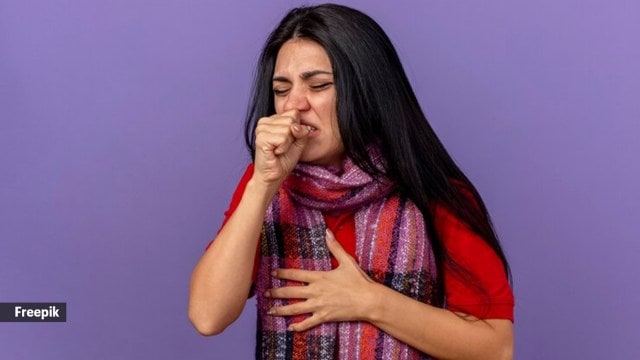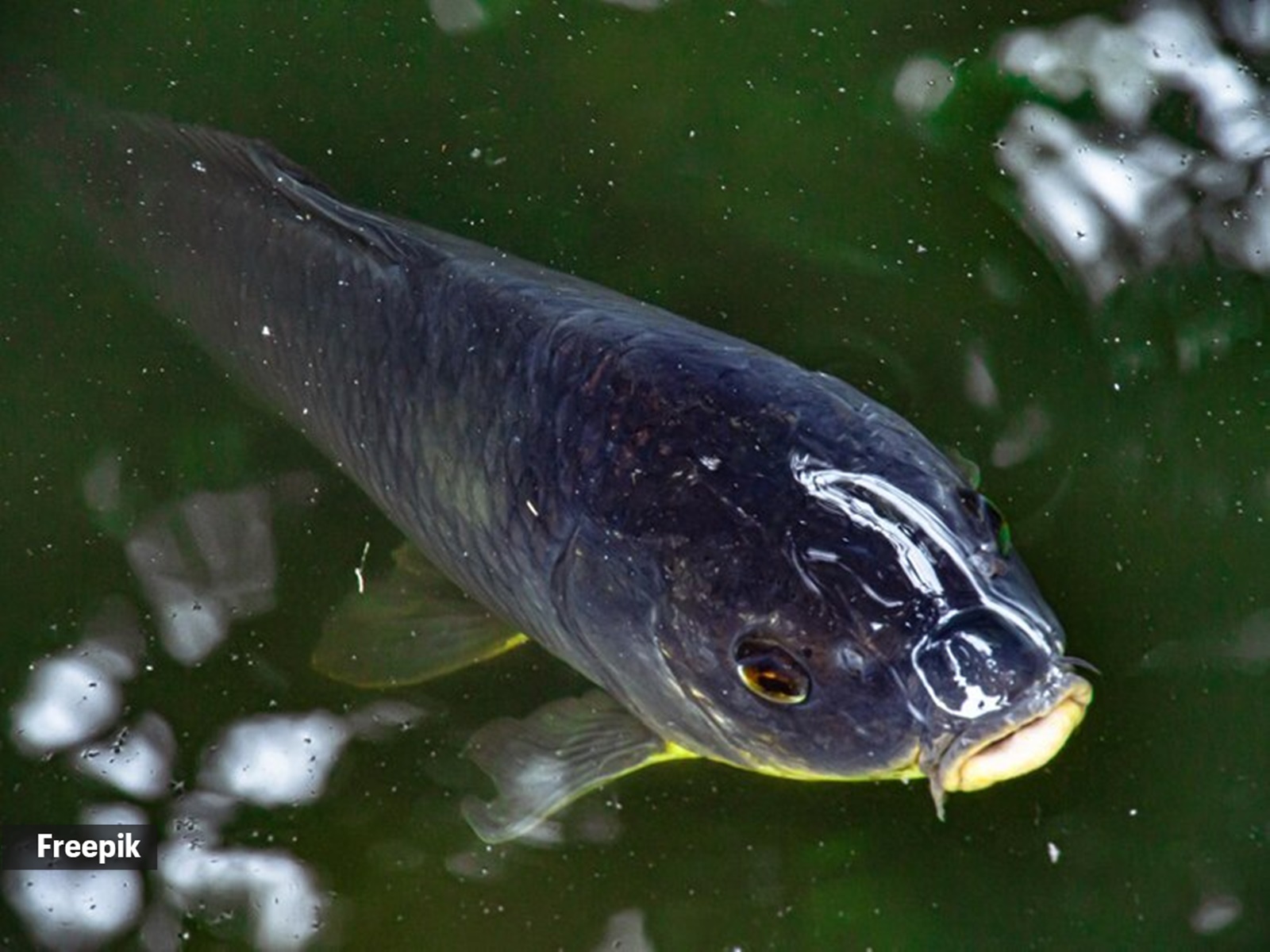 The full recipe for the prasadam is a closely guarded family secret. (Source: Freepik)
The full recipe for the prasadam is a closely guarded family secret. (Source: Freepik)
Hyderabad’s famous fish prasadam, a unique traditional remedy administered annually to thousands of people, is set to make a comeback this year on June 8.
This ancient practice, introduced by the Goud family headed by Bathini Harinath Goud (who passed away last year), claims to provide relief from asthma and other respiratory ailments. The tradition of distributing ‘fish prasadam’ has been going on for the last 178 years.
The Goud family told indianexpress.com earlier, administering a live snakehead murrel fish infused with a herbal paste down the throat of anyone suffering from respiratory ailments, on the day of ‘Mrigasira Karthi’, for three consecutive years, brings permanent relief.
The full recipe for the prasadam is a closely guarded family secret, according to the report, handed down through generations. The family obtained the formula from a sage in 1845, with the understanding that it would be used to benefit society.
Despite its popularity and the hope it offers to many sufferers, the efficacy and safety of fish prasadam remain topics of debate within the medical community. Dr Shivakumar K, MD Respiratory Medicine and senior consultant Pulmonology at Birds Clinic, Bengaluru stresses, “Today, we are in the era of evidence-based medicine. Without proper evidence, it is not advisable to recommend or prescribe such practices. Any claimed treatment should undergo extensive laboratory studies and clinical trials to establish its safety and efficacy before it can be recommended for widespread use.”
Evidence that supports the use of fish prasadam in treating or alleviating asthma symptoms
According to Dr Shivakumar, there is no scientific evidence or clinical research that supports the efficacy of fish prasadam in treating or alleviating asthma symptoms. “Asthma is a chronic respiratory condition characterised by inflammation and narrowing of the airways, and its treatment usually involves inhalers, corticosteroids, and other medications that reduce inflammation and open up the airways,” he explains.
Risks and potential side effects of fish prasadam
Several risks and potential side effects are associated with the ingestion of fish prasadam, particularly for asthma patients, Dr Shivakumar states. These are:
Allergic Reactions: Some asthma patients may have allergies to seafood, which can trigger severe allergic reactions and exacerbate asthma symptoms.
Infection Risk: The method of administering fish prasadam, which involves swallowing a live fish, raises hygiene concerns. The practice of not using gloves and other sanitary measures can lead to the transmission of infections.
Gastrointestinal Hazards: Swallowing live fish could potentially cause harm to the gastrointestinal tract, leading to complications such as choking or gastrointestinal distress.
Advice for asthma patients considering alternative treatments
“As a pulmonologist, I strongly advise asthma patients to adhere to evidence-based medical treatments and to consult with their healthcare providers before considering any alternative remedies,” asserts Dr Shivakumar.
Here are some key points he suggests one should consider instead:
Consult Your Doctor: Always discuss any alternative treatments with your healthcare provider to ensure they are safe and will not interfere with your prescribed asthma treatment.
Maintain Your Medication: Do not stop using your prescribed asthma medications in favour of unproven treatments. Discontinuing your medication can lead to worsening of your condition and potentially severe asthma attacks.
Evaluate Evidence: Seek out treatments that have been scientifically tested and proven to be effective. Be cautious of remedies that lack clinical evidence and rely on anecdotal claims.
Monitor Symptoms: If you choose to try an alternative treatment, monitor your symptoms closely and report any adverse effects to your healthcare provider immediately.
Hygiene Practices: Be aware of the hygiene practices involved in any treatment. In the case of fish prasadam, the lack of sanitary measures can pose additional health risks.

No comments:
Post a Comment